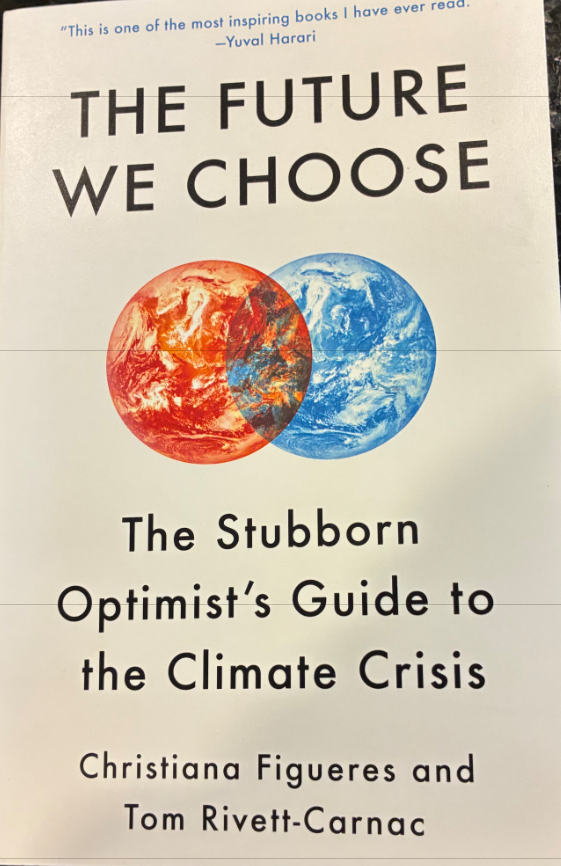Commentary
Our Local Natural Resources: Past, Present and Future

Editor’s note: This is one in a continuing series of guest opinions about fostering environmental stewardship and leadership. The series is coordinated by ACES, the Alliance of Climate and Environmental Stewards.
“A society grows great when old men plant trees in whose shade they know they shall never sit”
This ancient Greek proverb signifies much of my environmental thought process. As a horticulturalist and a lover of trees, I have luckily seen many events thru my career. In thinking about this column and what I am sharing, I believe reflections on the past lessons will shape the future for the better. “We learn from our mistakes” is an important axiom.
In Newburyport, there are 26 beautiful parks with trees, turf, plantings, and nature all around. Atkinson Common is a wonderful seven-acre flagship that is on the verge of becoming its own arboretum. I have had the privilege of working in Atkinson Common since 1992 as a contractor and then in the Parks Department.
People connect with the urban forest in parks and nature. There is a need for healthy strong trees in the community. Parks trees and street trees are anchors for the look and feel of the community. We learned from planting monocultures in our city parks, such as, the Bartlet Mall’s majestic elms which have been decimated with the invasion of Dutch Elm disease. We also learned that the Joppa Park’s double knock out roses were almost wiped out by the harsh winter of 2015. Now we avoid monocultures all together.
Our larger forested parks provide great escapes for children to go into the woods and use their imagination to connect with what they see and feel. Likewise, a dog owner can connect with many aspects of nature when they walk and exercise their pet. These are essential elements to a community short on space and long on pavement.
The use of the parks by the community during the COVID-19 pandemic reinforced the public’s need to gather in the outdoors while maintaining distance. I often found it difficult to have our crews do the mowing and landscaping in the parks because of all the people in the parks. A good challenge to have!
Looking forward, the city and community need to ensure that the natural resources that bless the city are safeguarded and reinforced. It needs to happen in an efficient and effective manner for the long term benefit of the entire community. This involves caring for the trees: maintaining the lawns, shrubs, and plantings; ensuring optimal use of the parks and facilities by and for the community, and planning future designs, plantings maintenance, and use.
Climate change is here and requires our younger generations to continue evolving and safeguarding our natural resources. New arboriculture methods are being taught that prepare us to work with this changing climate. The use of trees and plants that are acclimated to a warmer climate such as that of Pennsylvania or Virginia is now being stressed to Arborists and Horticulturalists in this region. The life span of an urban tree can span almost a century. However, we need to consider what kind of climate we will have in a 100 years. What do we need to consider for our parks and forest with this backdrop?
It seems that there are increasing educational opportunities abounding thru grass roots efforts as well as university and governmental programs to encourage our youth to take part in the changes that are needed in society for their well-being. One example is the Mass Department of Conservation and Recreation program involving their sponsoring a calendar poster contest.
It was won by a fifth-grade student at Newburyport’s Nock Middle School. The prize included the planting of a crabtree at the rear of the school with all the fifth-grade students participated in the planting of this tree. I believe programs like this set an example for students, as well as adults, about the importance of our natural resources. They can set the stage for future arborists and new members of the green industry.
This column was coordinated by ACES youth corps member Ana Satir. To share any comments or questions, please send an email to acesnewburyport@gmail.com. To learn more about ACES and its 4 Initiatives, visit https://www.aces-alliance.org.
Mike Hennessey is parks manager for the City of Newburyport.
.svg)



